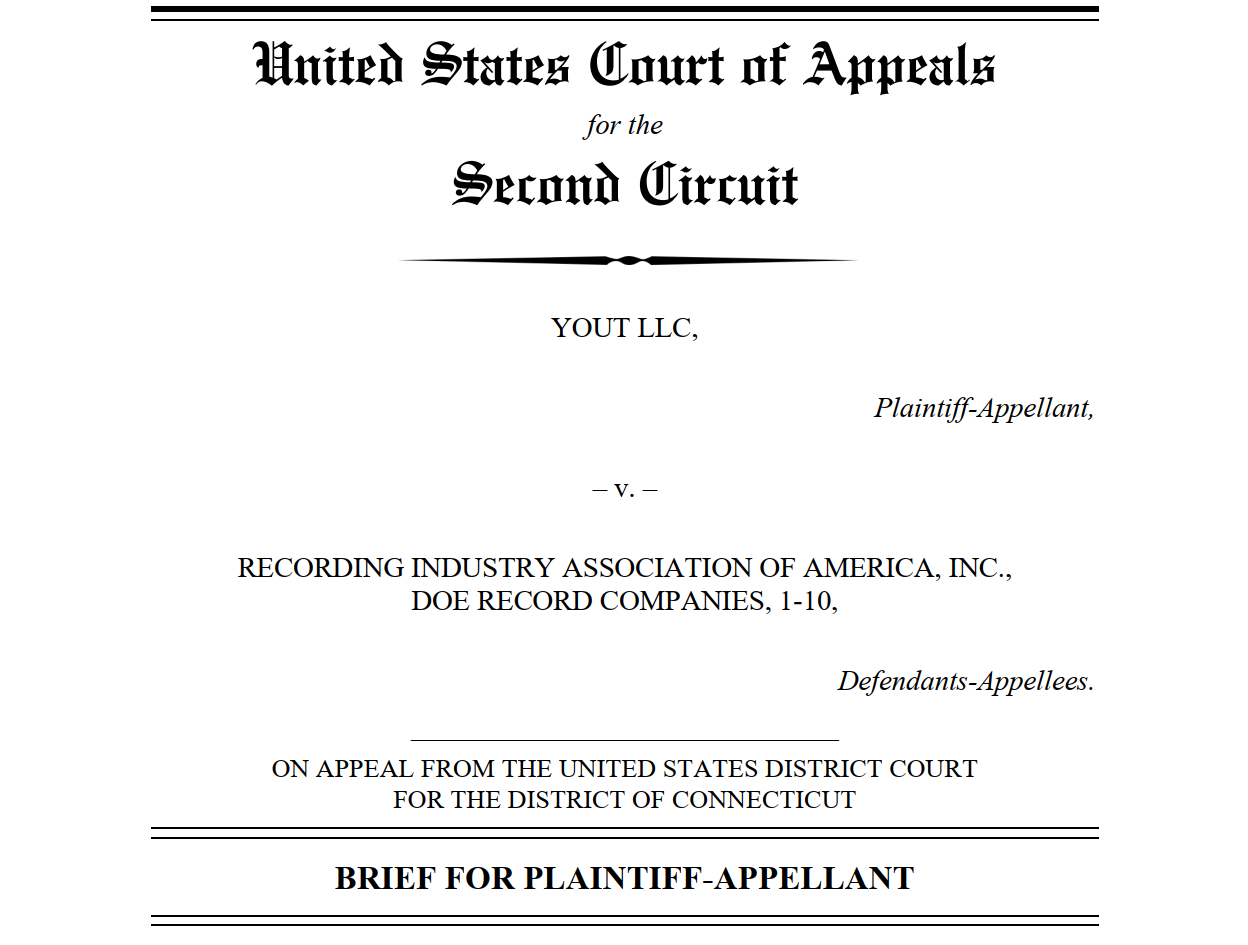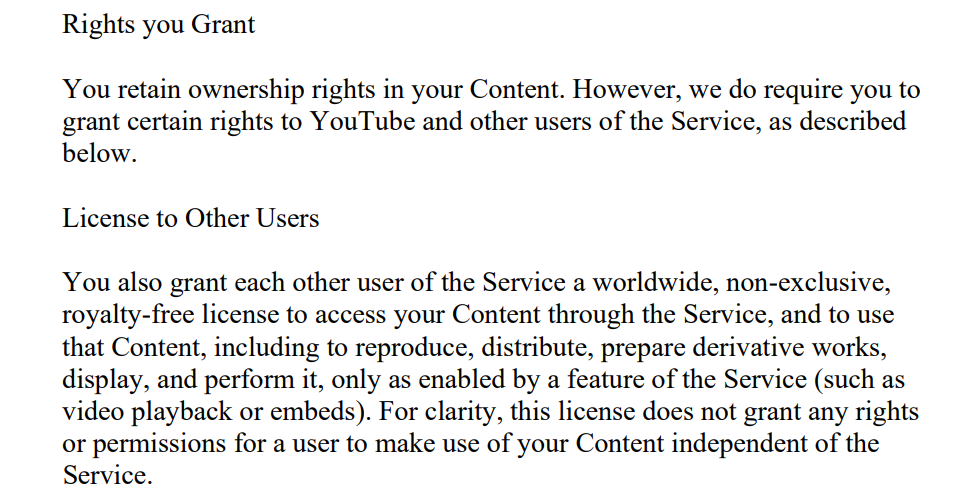-
chevron_right
Yout Counters RIAA in Court, Quoting Lyrics & Highlighting YouTube’s Absence
news.movim.eu / TorrentFreak · Monday, 29 May, 2023 - 11:01 · 4 minutes
 At the end of 2020, the operator of one of the largest YouTube rippers took the unprecedented step of taking the music industry to court.
At the end of 2020, the operator of one of the largest YouTube rippers took the unprecedented step of taking the music industry to court.
Yout.com’s Johnathan Nader was fed up with a bombardment of DMCA takedown requests and alleged defamatory claims. In response, he sued the RIAA , asking the federal court in Connecticut to declare his service non-infringing.
The RIAA and other music groups had been actively trying to remove so-called YouTube rippers from Google’s search results. The industry group had also prevailed in legal action against some of the sites but in its battle with Yout.com, the RIAA filed a motion to dismiss.
Last fall, the district court decided to dismiss the matter , handing a win to the RIAA. Judge Stefan Underhill ultimately concluded that Yout had failed to show that it doesn’t circumvent YouTube’s technological protection measures. That rendered Yout’s defamation and business disparagement claims moot.
Yout.com Appeal
Yout’s operator did not give up on the case and opted to appeal in the belief that YouTube rippers do not violate the DMCA. The argument received backing from the EFF and GitHub in their supporting amicus briefs.
The RIAA filed a lengthy response concluding that Yout is an “illicit stream-ripping service” that effectively allows people to “bypass YouTube’s technological restrictions” that prevent downloading of works streamed through YouTube. As such, the service violates the DMCA, a position supported by the Copyright Alliance.
One of the key issues in this dispute is whether YouTube actually implemented technological measures designed to control access to copyrighted works. In Yout’s response to the RIAA filed this weekend, the focus returns to the same thorny topic.
Yout’s reply brief stresses that this case was dismissed prematurely, even before both parties were allowed to conduct discovery. That’s problematic, as the lawsuit deals with key questions relating to the DMCA, many of which remain unanswered.
The Elephant-Sized Hole
The stream-ripper points out that rightsholders haven’t implemented any copy protection measures themselves. The RIAA argues that YouTube has but according to Yout’s lawyer, it still isn’t clear whether YouTube’s technical hurdles were intended to act as copyright protection measures.
“[RIAA] attempts to argue not only that it is entitled to rely on technology that it claims to have been put in place by YouTube, but that it makes no difference at all whether YouTube intended for the technology to limit the access to or the ability to copy the videos that are freely available on YouTube to anyone with an internet connection and a browser.”
This leaves an elephant-sized hole in the room. While the case centers around YouTube’s alleged copyright protections, which are presumably vital to the music industry, YouTube itself is notably absent. It didn’t file an amicus brief to back up the RIAA’s position, for example.
” […] one might have assumed that YouTube itself would have appeared on Appellants behalf as an amicus. That it did not leaves an elephant sized hole in the room,” Yout argues.
Yout says the RIAA is attempting to cover this “enormous hole with fig leaves.” For example, the music group argues that the DMCA says nothing about the ‘intent’ of presumed protection measures, but Yout says that assertion is incorrect and defies common sense.
You’re So Vain…
Yout also points out that the RIAA mischaracterizes its service. The music group repeatedly stresses that the site’s only purpose is to infringe the copyrights of its members, which prompted an interesting response.
“To paraphrase one of the RIAA members’ recording artists: You’re so vain, I bet you think this software’s about you,” Yout’s lawyers write, inspired by the lyrics of Carly Simon.

In a footnote, the attorneys apologize for this reference, but their message is serious. Music only represents a small fraction of the content on YouTube, they note, adding that Yout itself is merely a dumb ‘recording’ tool.
“The service provided by Yout is content-neutral, providing nothing more than a recording device that utilizes the very information that is freely and publicly available to anyone who cares to look for it, without the need to circumvent any technological measures.
“To the extent that the RIAA thinks otherwise, it should have the opportunity to prove that theory… at a trial following discovery,” Yout’s lawyers write.
Dismissal Should be Reversed
The brief further argues that many of the legal findings cited in the RIAA’s answering brief come from cases that were properly litigated; not ones that were dismissed at an early stage.
The parties in these cases had the opportunity to build a proper record, with expert testimonies and witnesses. Considering the important issues at stake and the outstanding disputes, Yout believes it should be allowed to do the same.
Based on these and other arguments, Yout says the District Court’s decision to dismiss the case was premature and should be reversed.
—
A copy of Yout’s reply in response to RIAA’s answering brief, filed at the U.S. Court of Appeals for the second circuit, is available here (pdf)
From: TF , for the latest news on copyright battles, piracy and more.


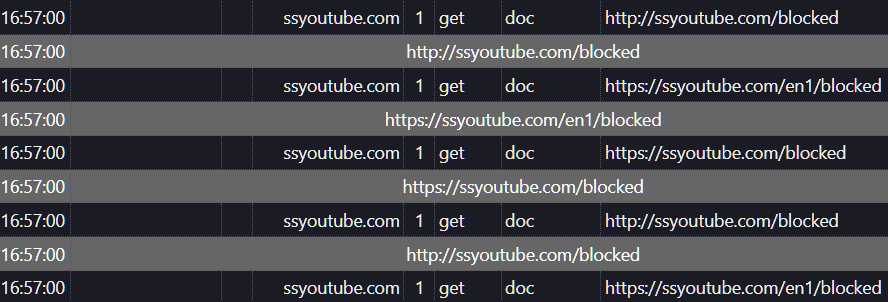

 Music fans love to share mixtapes and have done so for decades but sharing these ‘tapes’ over the Internet is not without risk.
Music fans love to share mixtapes and have done so for decades but sharing these ‘tapes’ over the Internet is not without risk.


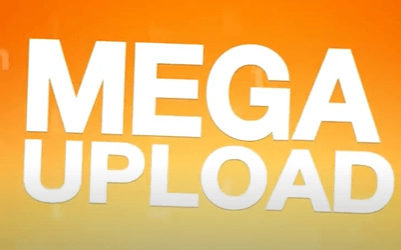 More than a decade has passed since Kim Dotcom’s file-storage empire Megaupload collapsed after becoming the prime target in a high-profile
More than a decade has passed since Kim Dotcom’s file-storage empire Megaupload collapsed after becoming the prime target in a high-profile
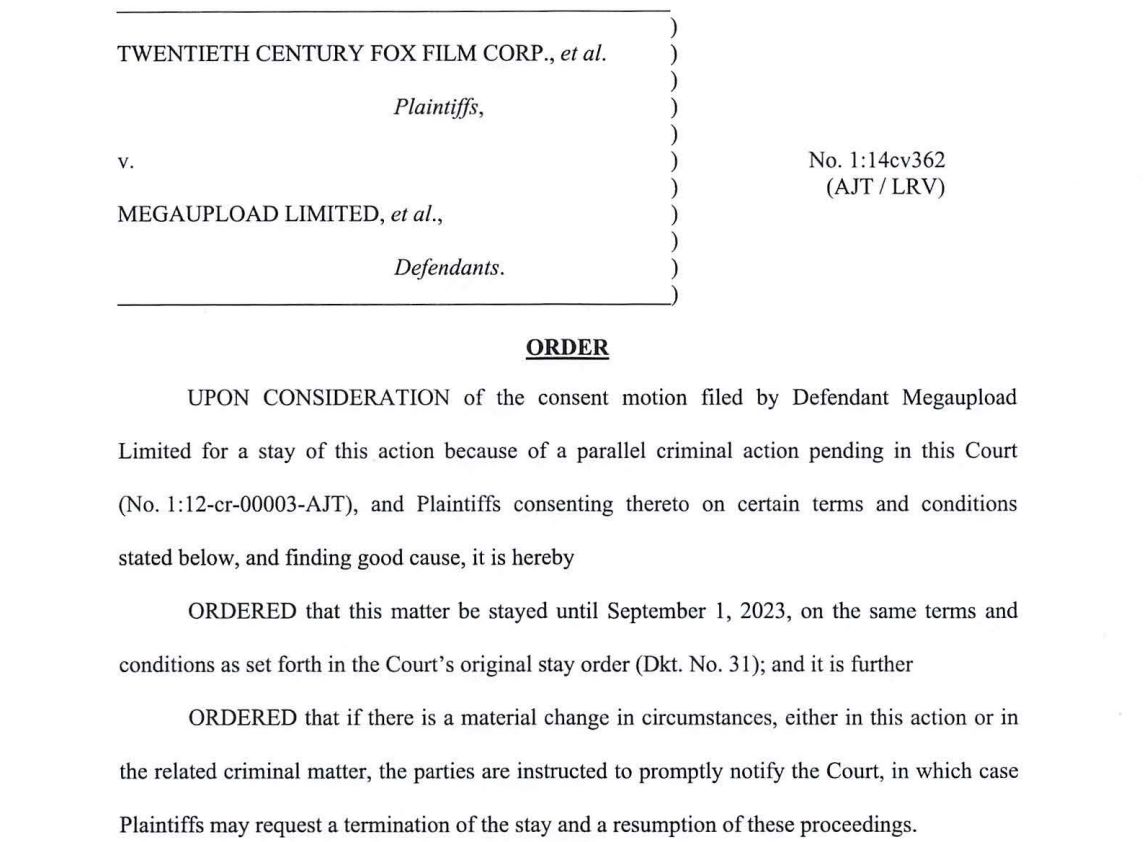
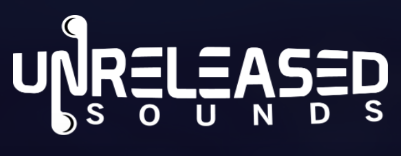

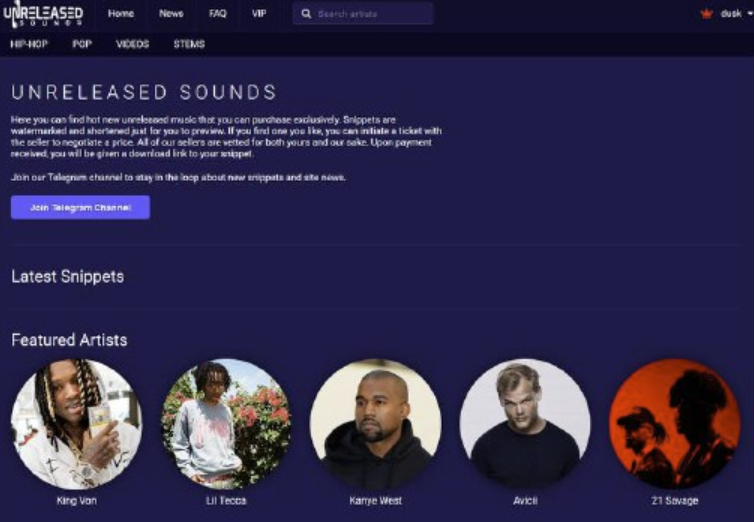
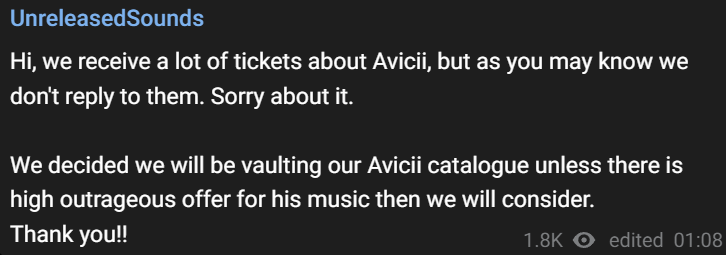
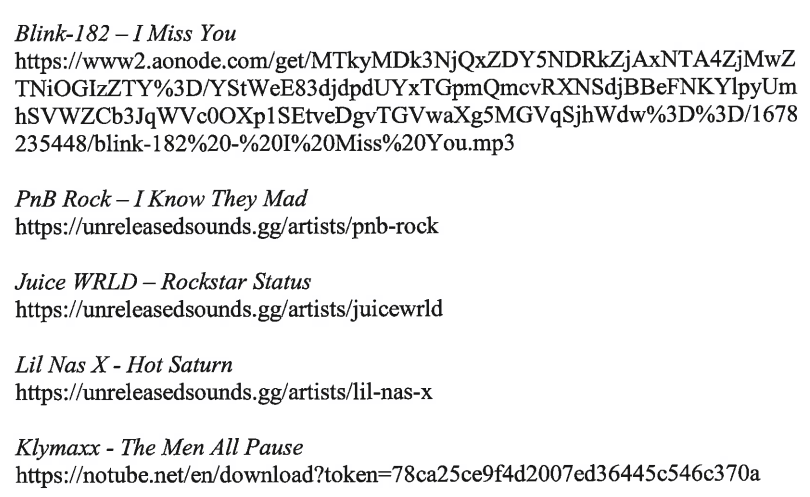
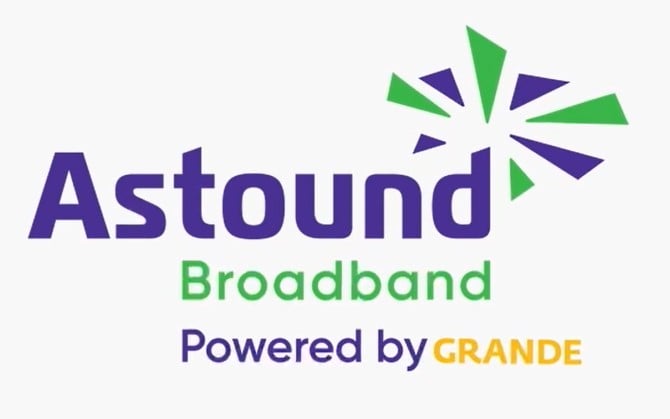 Last fall, several of the world’s largest music companies including Warner Bros. and Sony Music prevailed in
Last fall, several of the world’s largest music companies including Warner Bros. and Sony Music prevailed in
